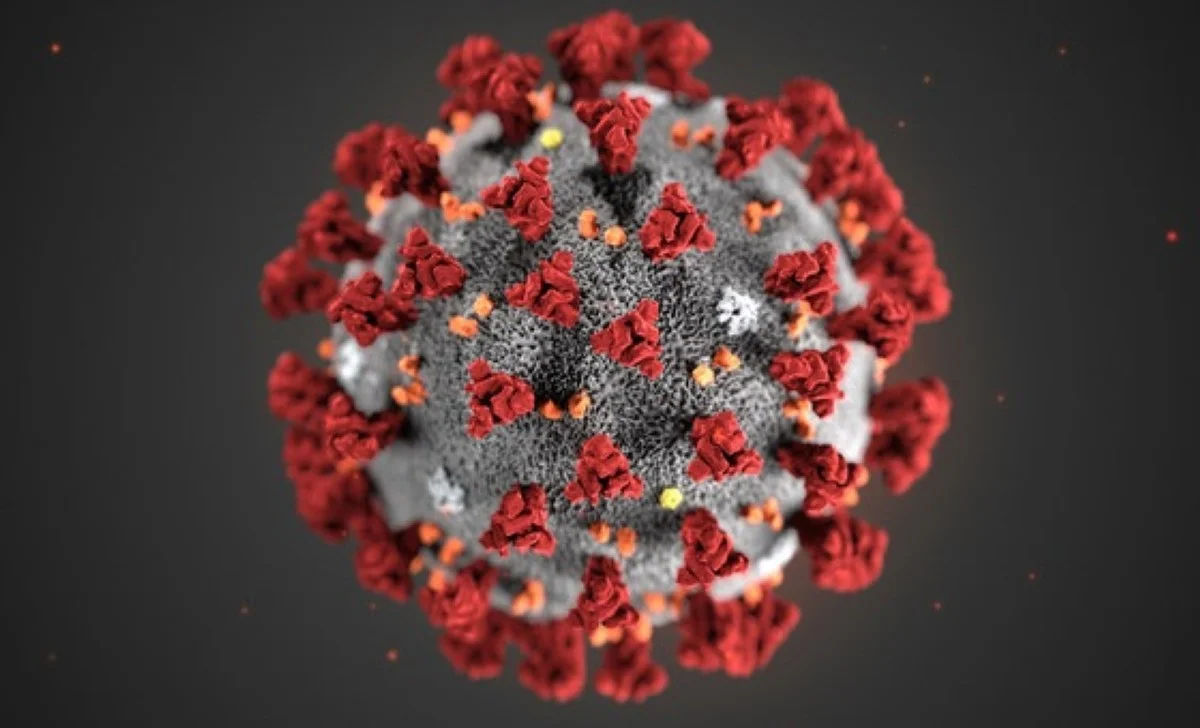13/10/2024
13/10/2024

NEW YORK, Oct 13: Individuals diagnosed with severe COVID-19 infections during the pandemic's first wave may face double the risk of heart attack and stroke, according to a new study. Published this week in Arteriosclerosis, Thrombosis, and Vascular Biology and supported by the National Institutes of Health, the research indicates that this increased risk could persist for up to three years.
The study examined the long-term cardiovascular risks for unvaccinated individuals who were infected with the virus during the initial COVID-19 wave in 2019 and 2020. The findings revealed that compared to those who never contracted COVID-19, individuals who had the virus experienced doubled odds of heart attack, stroke, and death. The risk was four times higher for those requiring hospitalization. This heightened danger remained for over three years post-infection, posing a serious cardiovascular threat similar to that of type 2 diabetes.
Dr. Hooman Allayee, the study's principal investigator, noted, “Findings suggest severe COVID-19 infection as a catastrophic component.” He explained that cardiovascular mortality trends had been steadily declining from 2010 to 2019, but the impact of COVID-19 between 2020 and 2022 reversed a decade of progress.
The study also found that individuals with blood types A, B, and AB were particularly susceptible to increased cardiovascular risks from COVID-19, while those with type O blood had a lower likelihood of experiencing such issues. “Blood type is known to be associated with heart attack and stroke risk,” Allayee stated, adding that people with A, B, or AB blood types are more likely to be infected by the virus due to their blood cells being more vulnerable to viral entry.
The research analyzed participants from the UK Biobank, a large medical database primarily composed of older, wealthier, and predominantly white individuals. However, similar studies conducted on diverse populations reached nearly identical conclusions, according to Allayee.
The study underscored the critical importance of COVID-19 vaccinations. “Regardless of which vaccine you received, the chance of heart attack and stroke decreased six months after vaccination or booster shots,” Allayee emphasized. He noted that immunity wanes over time, highlighting the need for booster doses to avoid susceptibility to severe COVID-19.
Allayee urged anyone who has experienced a severe COVID-19 infection, particularly those who were hospitalized, to consult with their healthcare provider about the potential long-term health risks associated with the virus. “Talk to your doctor and start the discussion with your physician,” he advised. “It's not going away, so we have to start talking about it. Stay on top of your vaccinations and boosters and get regular check-ups.”


